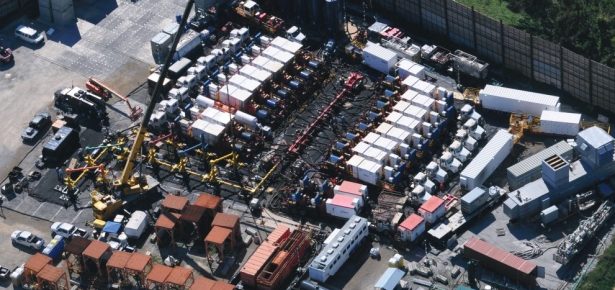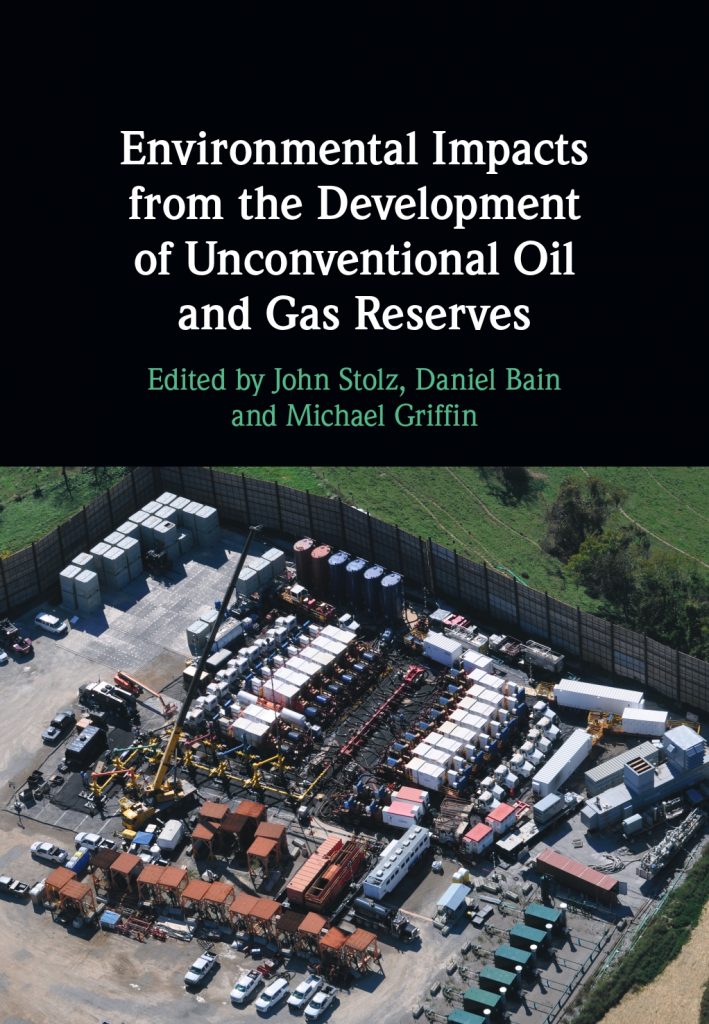
The Russian invasion of Ukraine has caused a global energy crisis. The United States and the European Union have instituted partial embargos on Russian oil and gas, while Russia has responded by cutting off gas to Poland and Bulgaria. This upset in the energy markets has resulted in oil and natural gas prices at levels not seen since before the 2008 global recession. It has renewed calls for more drilling, especially in countries with unconventional shale oil and gas resources.
The Energy Information Administration (EIA) estimates the global shale gas reserves at 7,577 Tcf (trillion cubic feet) and the global shale oil reserves at 419 billion bbl (barrels). The largest reserves are in China, Argentina, United States, Canada, Mexico, Australia, South Africa, Russia, and Brazil. While increasing the amount of extraction might relieve some pressure on the global markets, the full picture is not that simple. The development of these reserves depends on the technological and economic feasibility of recovery, the available infrastructure, as well as the local regulatory framework and political atmosphere. Further, getting the oil and gas to where it’s needed requires additional infrastructure (i.e., pipelines, refineries).
Shale reserves are called “unconventional” or “tight” because the gas and oil is trapped in a rock with low porosity and permeability. The combination of hydraulic fracturing (“fracking”) and horizontal directional drilling has opened up these plays for development. The need for large quantities of water, chemicals, and associated infrastructure, however, has raised concerns over the environmental impacts and climate change. The “slick water” stimulation and fracking rely on a complicated mix of chemicals and “proppant” (fine grained silica sand) while the shales themselves contain salt brines (e.g., sodium, chloride, bromide), distinct trace element content (e.g., barium, strontium) and heavy metals including naturally occurring radioactive materials (NORMs). The extraction and distribution operations depend on complex infrastructure such as compressor stations, cryogenic processing plants, and an extensive network of pipelines for water and gas (e.g., gathering lines, transmission lines). Solid and liquid waste disposal has also presented challenges with some solutions resulting in unexpected adverse consequences such as the generation of trihalomethanes in municipal water and radium (226Ra) contamination as a result of road brining. Climate change has also put the focus on the global impacts of continued extraction and use of fossil fuels, with many nations signing on to the Paris Climate Agreement of 2016, promising significant carbon dioxide emissions reductions.
“Environmental Impacts from the Development of Unconventional Oil and Gas Reserves” is being published at a time of renewed interest in the development of fossil fuels. Written by an international consortium of experts, this book provides a comprehensive overview of the extraction from unconventional reservoirs, providing clear explanations of the technology and processes involved. Each chapter is devoted to different aspects including global reserves, the status of their development and regulatory framework, water management and contamination, air quality, earthquakes, radioactivity, isotope geochemistry, microbiology, and climate change. Case studies present baseline studies, water monitoring efforts and habitat destruction.

Title : Environmental Impacts from the Development of Unconventional Oil and Gas Reserves
Edited by John F Stolz, Daniel J. Bain, and W. Michael Griffin
Latest Comments
Have your say!